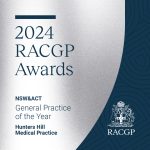Vaccines and travel medicine
Travel Medicine
If you’re travelling overseas for work or a holiday, it’s a good idea to find out about travel vaccinations. The Australian Government provides an updated summary of required vaccinations and health alerts on its smartraveller.gov.au website.
Travel Vaccines
At Hunters Hill Medical Practice, we have a large range of travel vaccines in stock. These include:
- Adult diphtheria, tetanus, pertussis and polio
- Both hepatitis A & B individually or combined (Twinrix)
- Cholera
- Measles, mumps and rubella
- Mencevax for short term protection against various strains of meningococcal disease
- Typhoid
- Yellow Fever
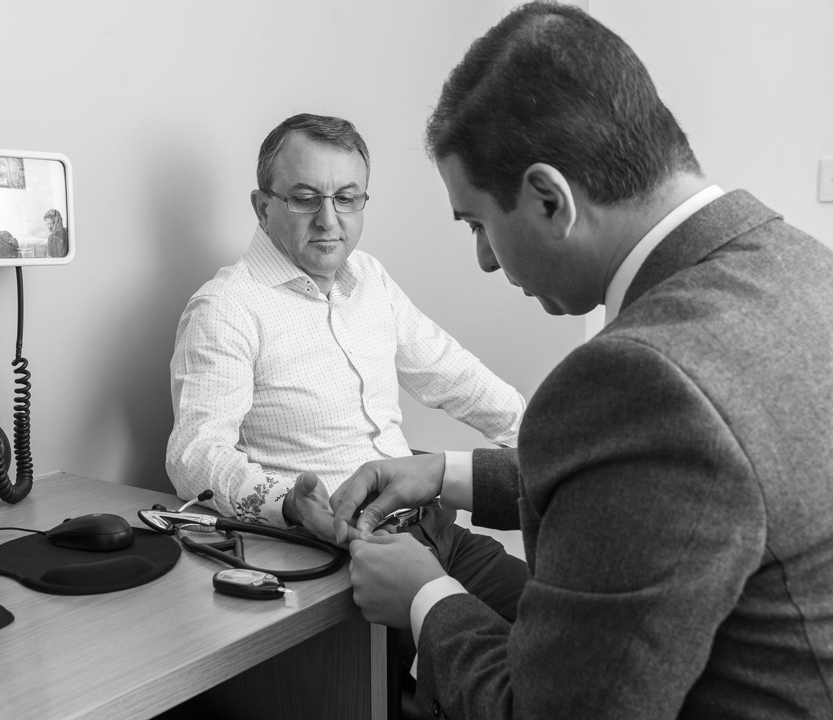
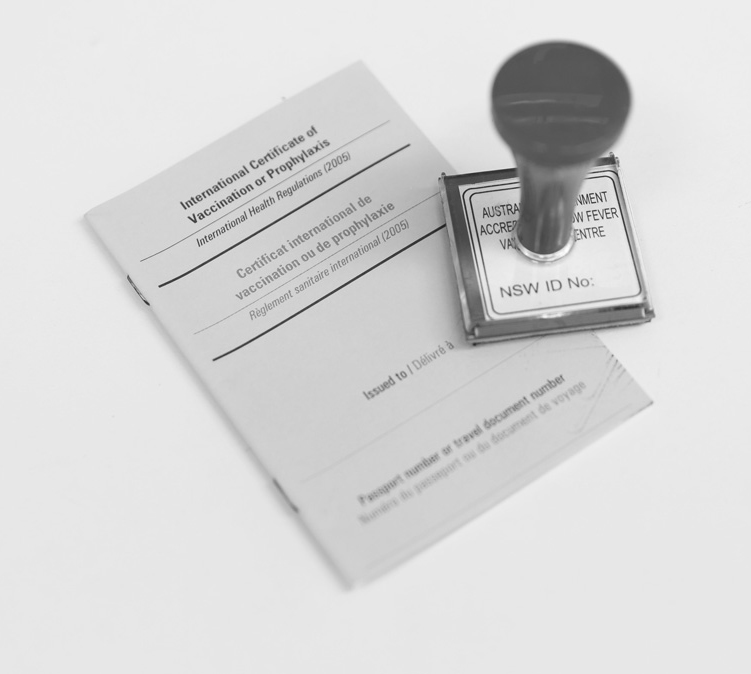
TRAVEL VACCINATION
Yellow Fever Accredited Centre
Doctors at Hunters Hill Medical Practice, have been accredited by NSW health to provide Yellow fever vaccination. The Yellow Fever vaccine is in stock and can be given on the day of consultation if appropriate. You will then be given a stamped official vaccination certificate for your travels.
When to get your travel vaccinations
It’s a good idea to make an appointment with your doctor at least four weeks, preferably six weeks before you travel. This will allow enough time for your doctor to create an appropriate vaccine schedule for you.
Talk to your GP about your travel plans
Your doctor and nursing staff can provide you and your family with a comprehensive range of travel medicine services, including:
- Appropriate immunisations
- Advice on avoiding malaria and cholera
- Advice on avoiding sexually transmitted diseases
- Updates on travelling with medications
- Medical advice for yourself and your family
Call Us on 02 9817 2080 to book an appointment today!
Influenza / Flu vaccine
One of the most effective ways to protect yourself against influenza is the flu vaccine. .The vaccine is designed to protect against four strains of the virus that are expected to be most common during the season. While the vaccine is not 100% effective, it can help to reduce the severity of your symptoms and lower your risk of complications.
It’s important to understand that Influenza can be a serious illness, especially for young children, older adults, pregnant women, and people with chronic medical conditions. In some cases, the flu can even be life-threatening. By getting vaccinated, you not only protect yourself but also those around you who may be more vulnerable to the virus.
The influenza vaccine is safe and has been proven to be effective. Common side effects include soreness at the injection site, a low-grade fever, and muscle aches. These symptoms typically go away within a few days.
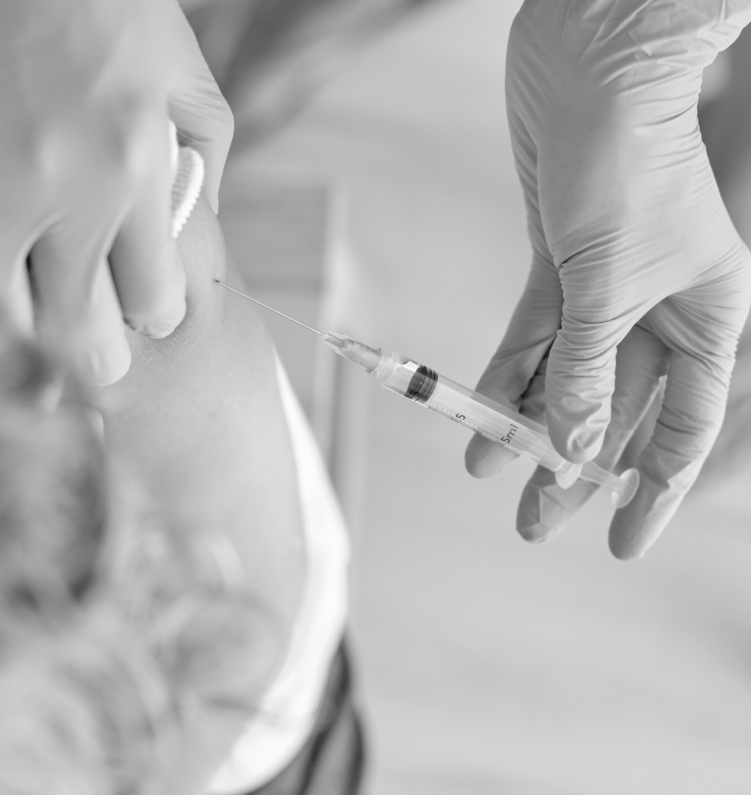

Free Influenza Vaccine under the National Immunisation Program (NIP)
The following groups are eligible for a free influenza vaccine:
- All children aged 6 months to less than 5 year
- All Aboriginal and Torres Strait Islander people aged 6 months and over
- All individuals aged 65 years and over
- Pregnant women (at any stage of pregnancy)
- Individuals aged 6 months and over with certain medical conditions that increase the risk of severe influenza, such as chronic respiratory or cardiac disease, immunosuppression, and diabetes.
Medical conditions with increased influenza disease complications and eligibility for a free vaccine.
| Category | Medical conditions |
|---|---|
| Cardiac disease | Cyanotic congenital heart disease, congestive heart failure, coronary artery disease |
| Chronic respiratory conditions | Severe asthma, cystic fibrosis, bronchiectasis, suppurative lung disease, chronic obstructive pulmonary disease, chronic emphysema |
| Chronic neurological conditions | Hereditary and degenerative CNS diseases, seizure disorders, spinal cord injuries, neuromuscular disorders |
| Immunocompromising conditions | Immunocompromised due to disease or treatment, asplenia or splenic dysfunction, HIV infection |
| Diabetes and other metabolic disorders | Type 1 or 2 diabetes, chronic metabolic disorders |
| Renal disease | Chronic renal failure |
| Haematological disorders | Haemoglobinopathies |
| Long-term aspirin therapy in children aged 5 to 10 years | These children are at increased risk of Reye syndrome following influenza infection |
For patients not eligible for the free vaccine, the private cost of the vaccine will be $30.
COVID-19 vaccine booster doses are also available. Eligible patients need to not have had COVID-19 infection or COVID-19 vaccination in the last 6 months.

Co-administration
The COVID-19 vaccines can be co-administered (given on the same day) with an influenza vaccine. While this is seen as safe, it comes with a slightly higher risk of side effects such as fever.
Apart from the first paragraph under this section, the rest of the information is available at 2023 Flu vaccine now available at HHMP for all patients
COVID-19 vaccine
While the direct threat caused by COVID-19 has partially abated, infection levels remain high. Most patients will get a mild or even asymptomatic infection and recover well and quickly with only simple care. That said, while not in the media as much now, COVID-19 continues to cause serious illness, hospitalisation and death in some patients, especially those at high risk. The best way to protect yourself against a serious COVID-19 infection is through vaccination.
The Australian Technical Advisory Group on Immunisation (ATAGI) now recommends a COVID-19 vaccine booster if it has been 6 or more months since your previous booster or since your latest COVID-19 infection. This applies to patients 18 years and over as well as children with serious chronic conditions or those considered at risk.

| AGE | AT RISK | NO RISK FACTORS |
|---|---|---|
| <5 YEARS | Not recommended | Not recommended |
| 5-17 YEARS | Consider | Not recommended |
| 18-64 YEARS | Recommended | Consider |
| ≥ 65 YEARS | Recommended | Recommended |
The currently available vaccines are from Pfizer or Moderna and are the latest available vaccines in Australia.
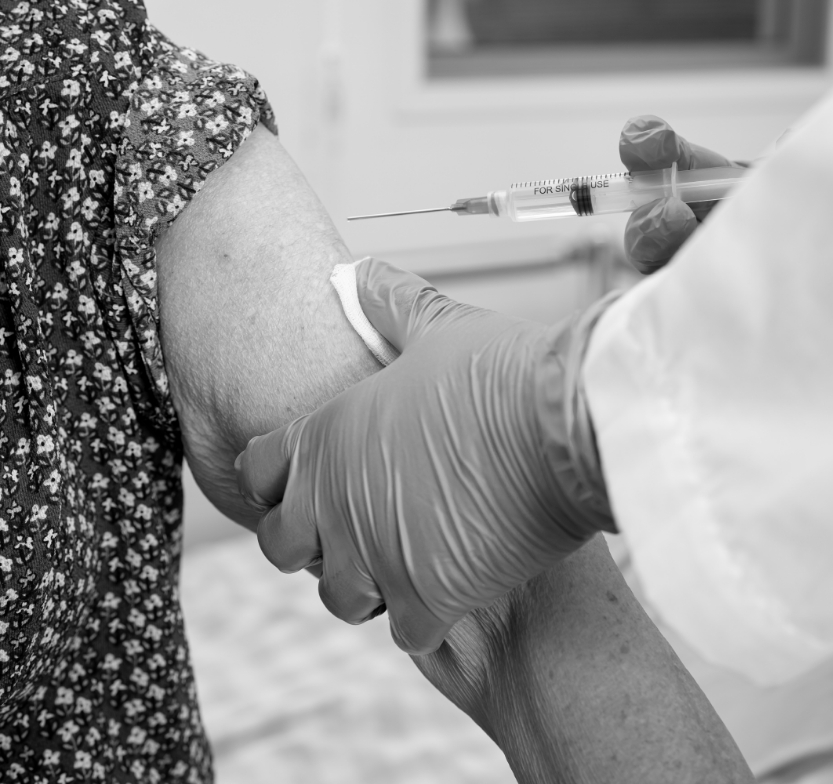
Other vaccines vaccine
Shingles vaccines are available for patients from 50 years and over. Please discuss your suitability with your doctor or nurse.
The pneumonia vaccine is available to at risk groups such as those with serious illnesses listed in the influenza section above or those 70+ years old. Please discuss your suitability with your doctor or nurse.
Allergy “vaccines” is often called immunotherapy. This involves injecting diluted allergens (whatever you may be allergic to) on a regular basis as recommended by your immunologist or allergist. We can help you with this as well. Please discuss with your doctor or nurse.





